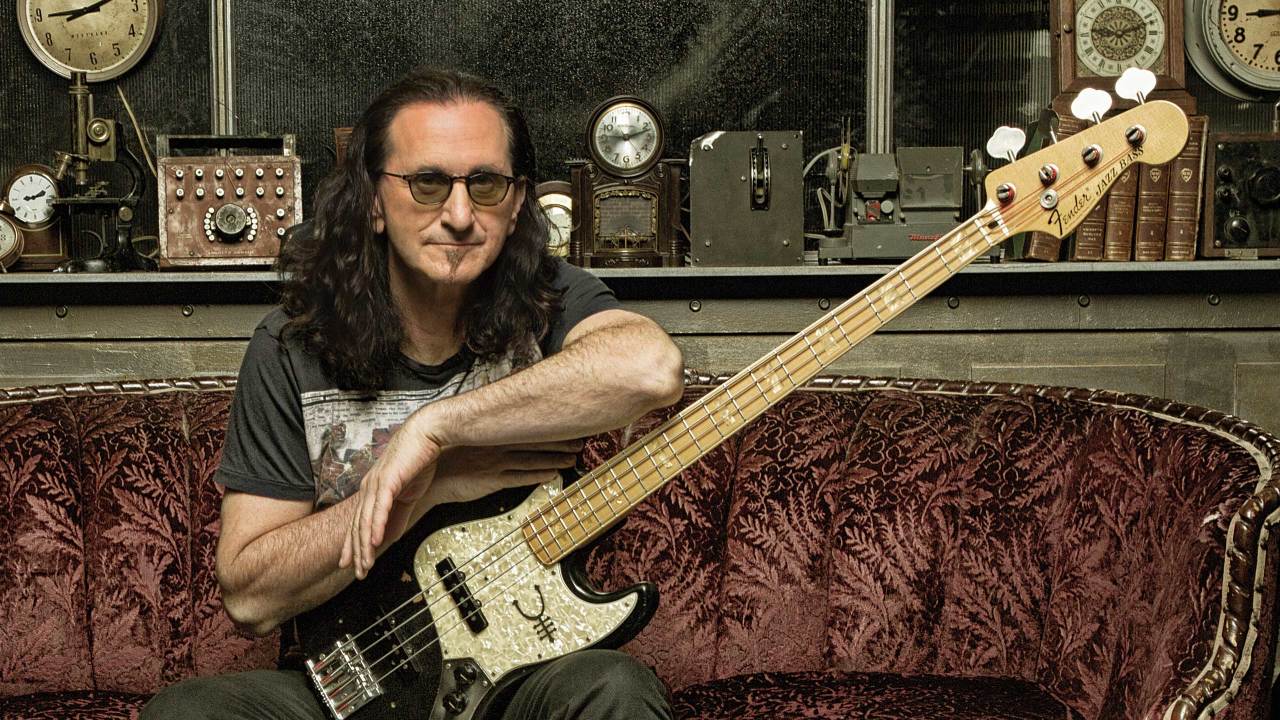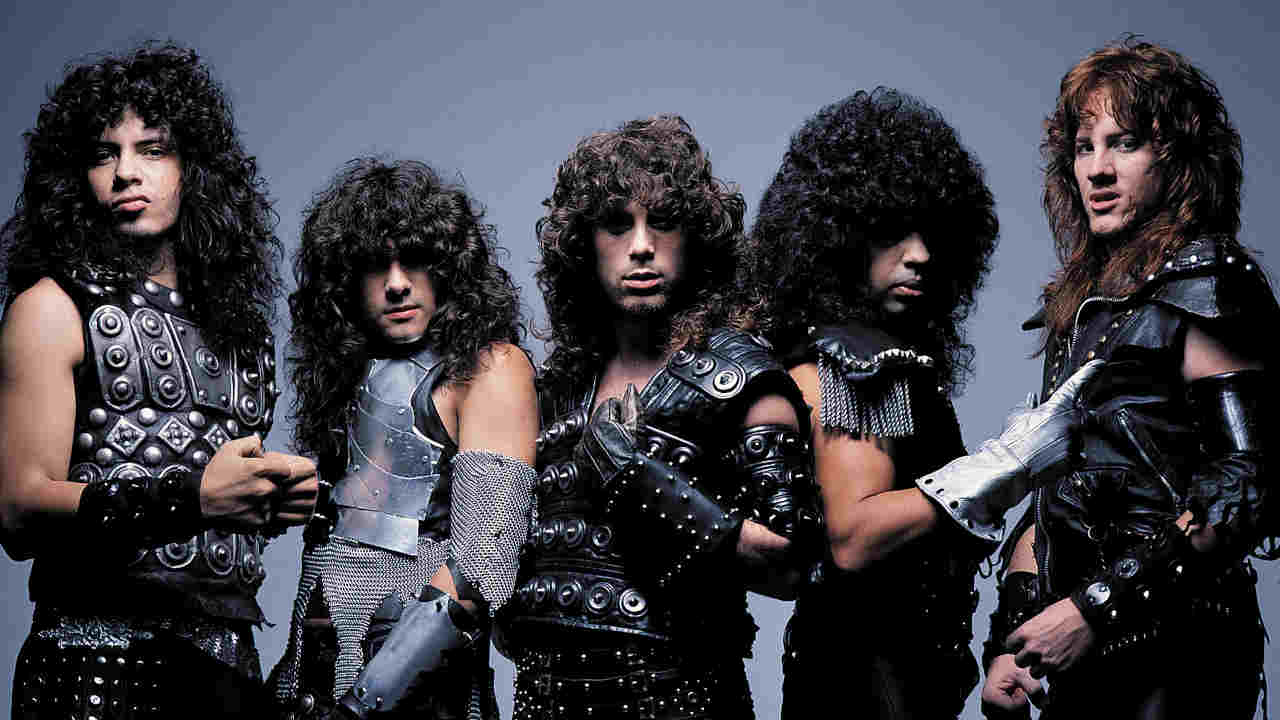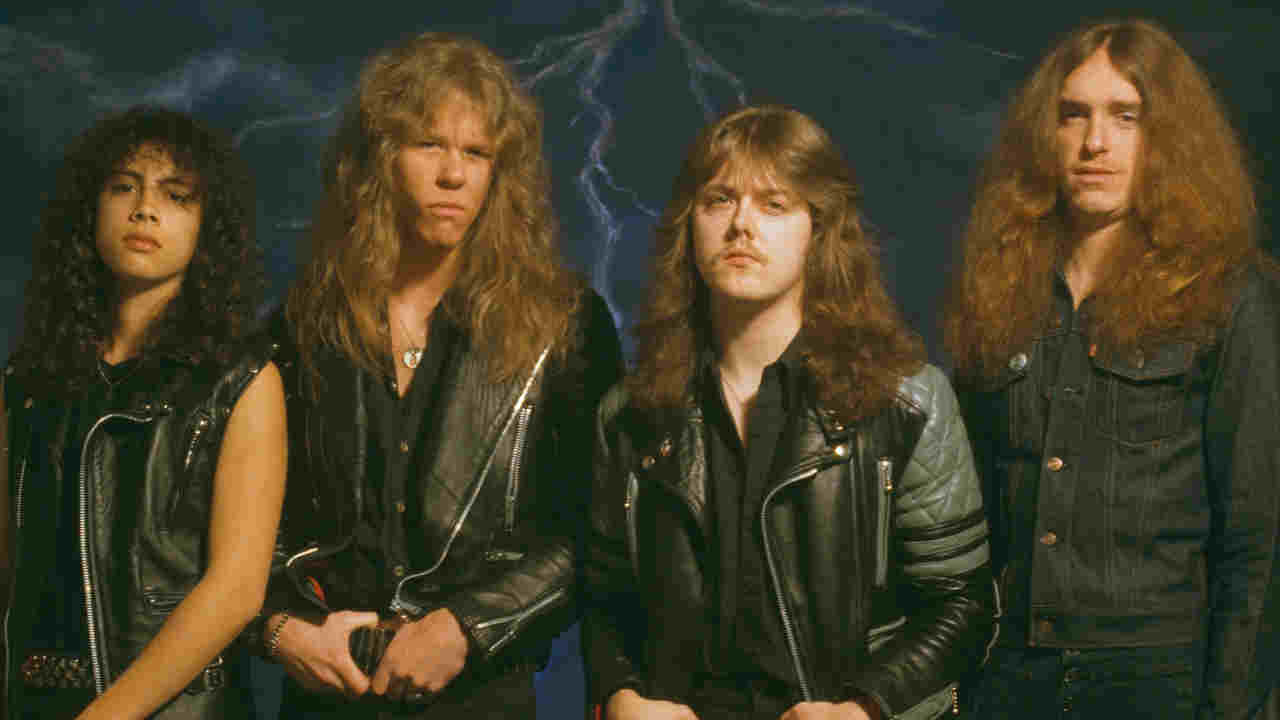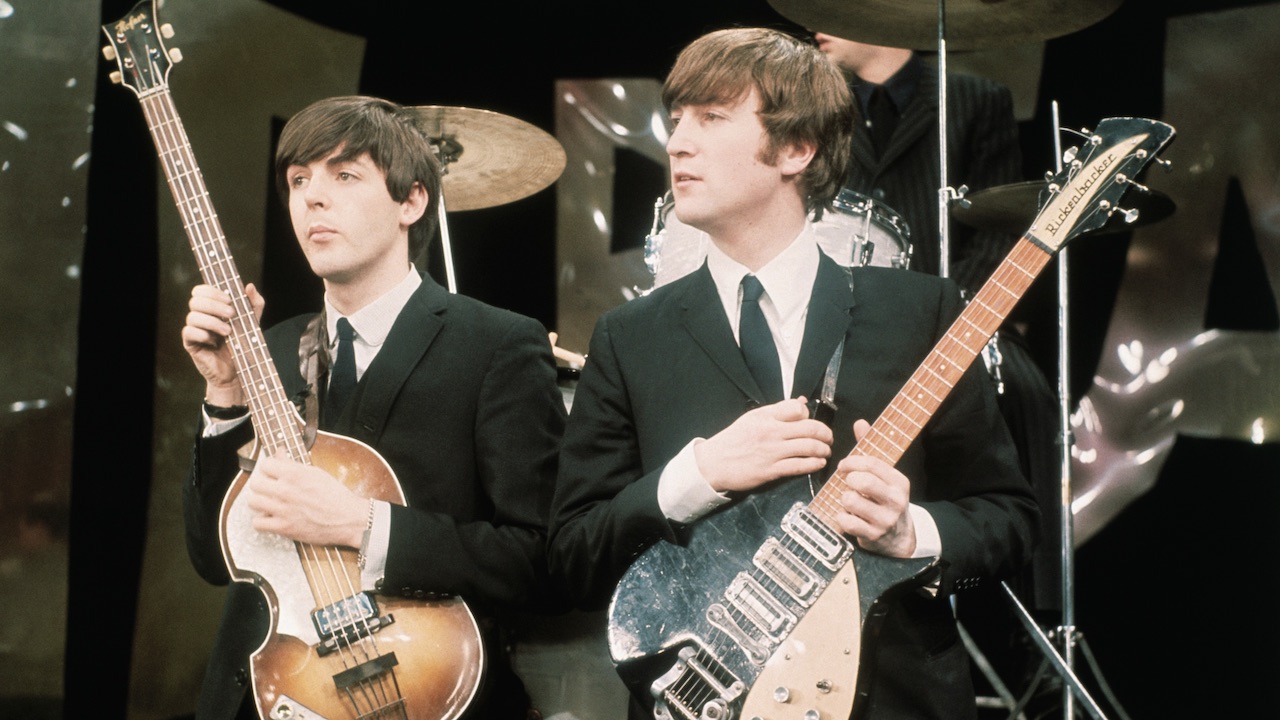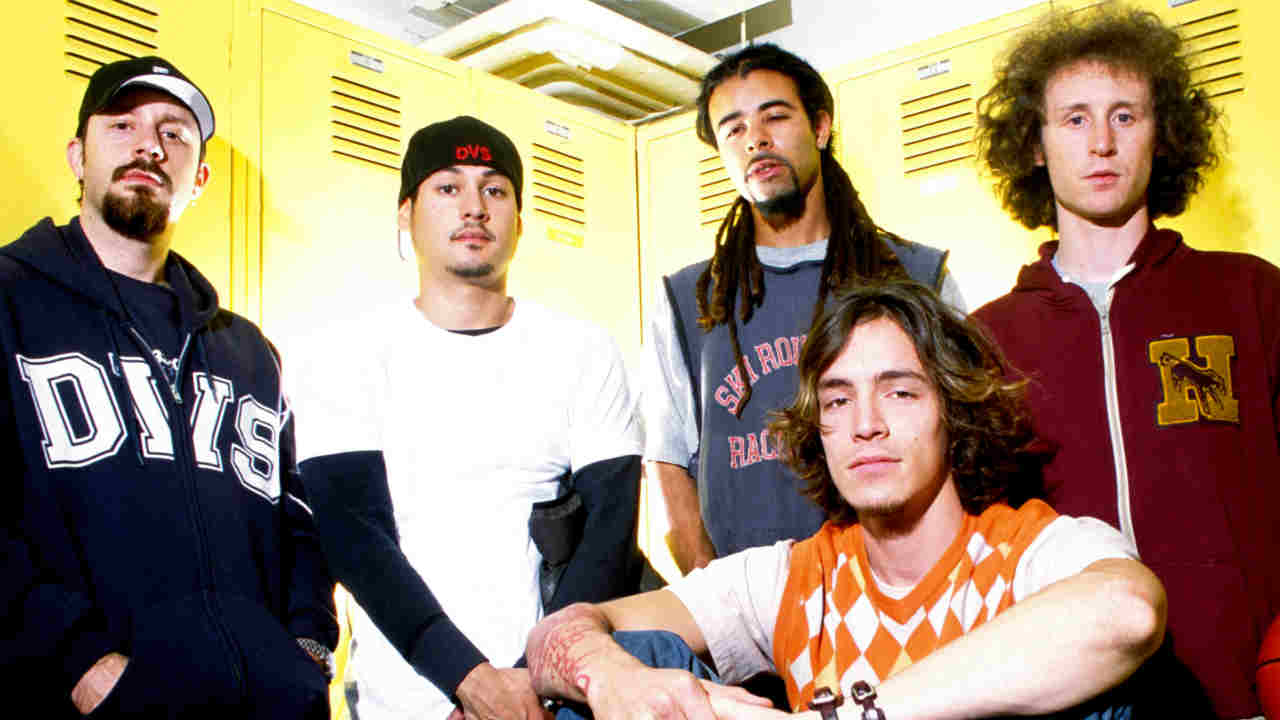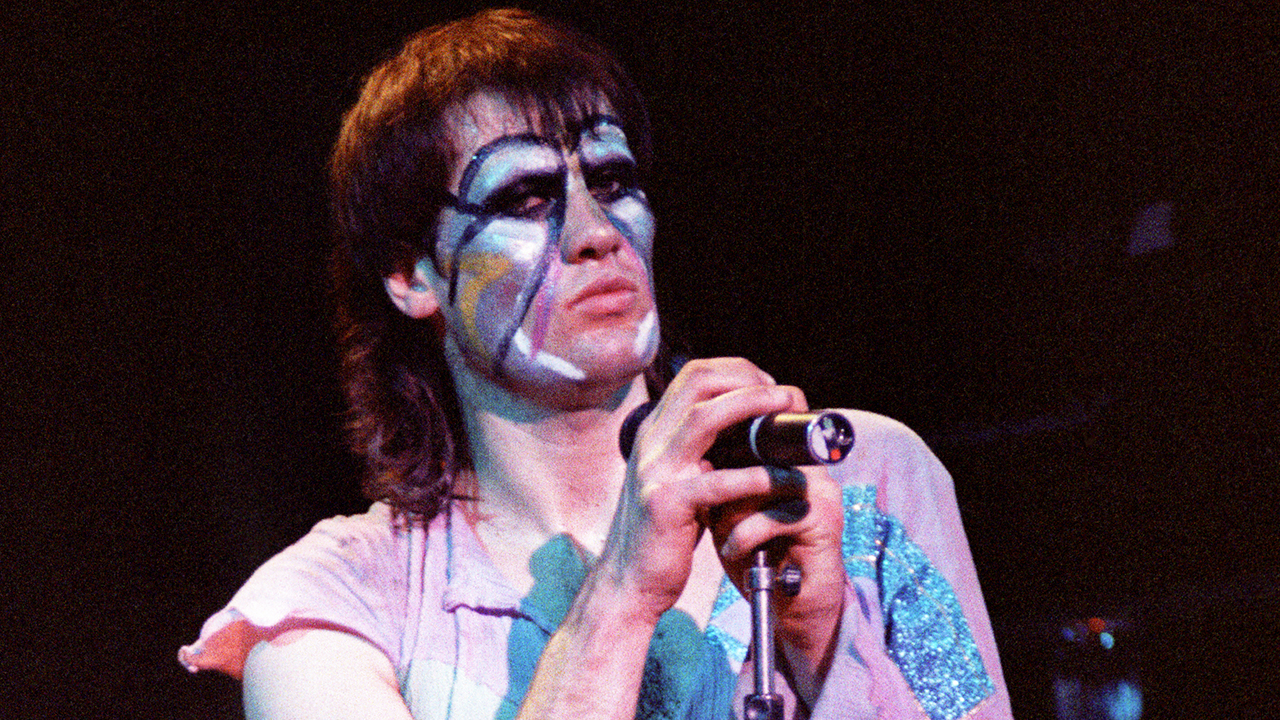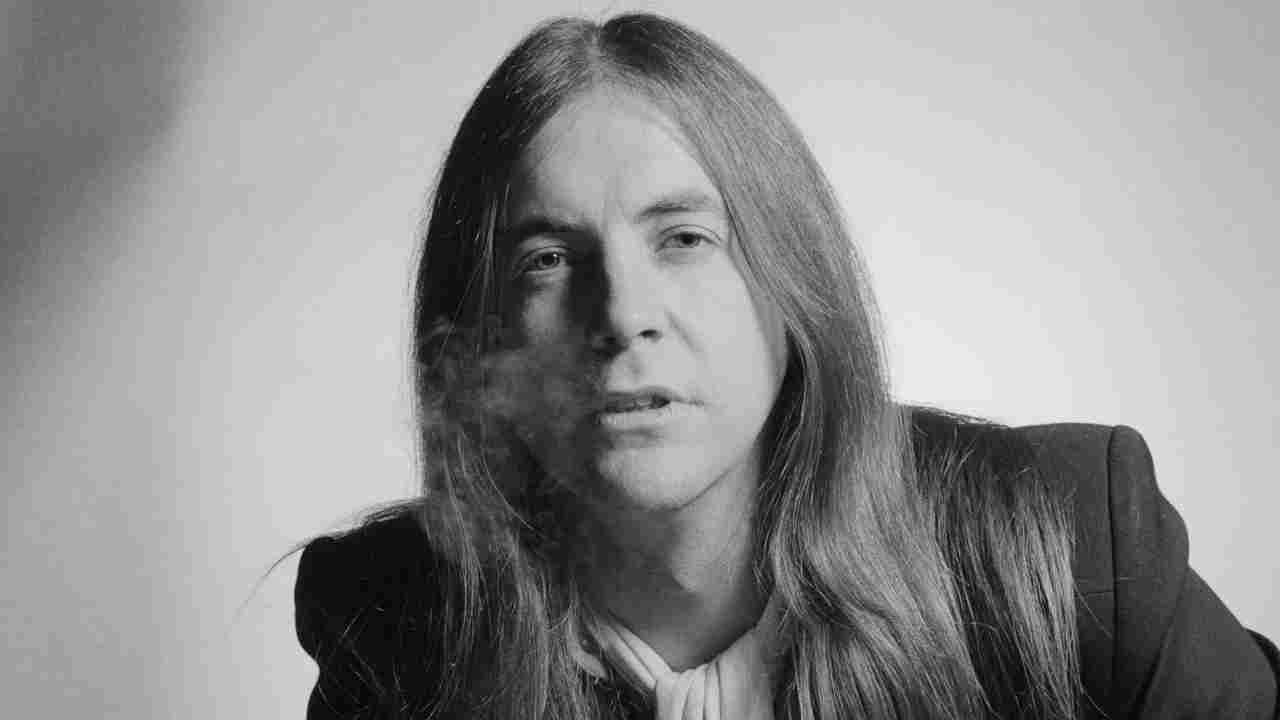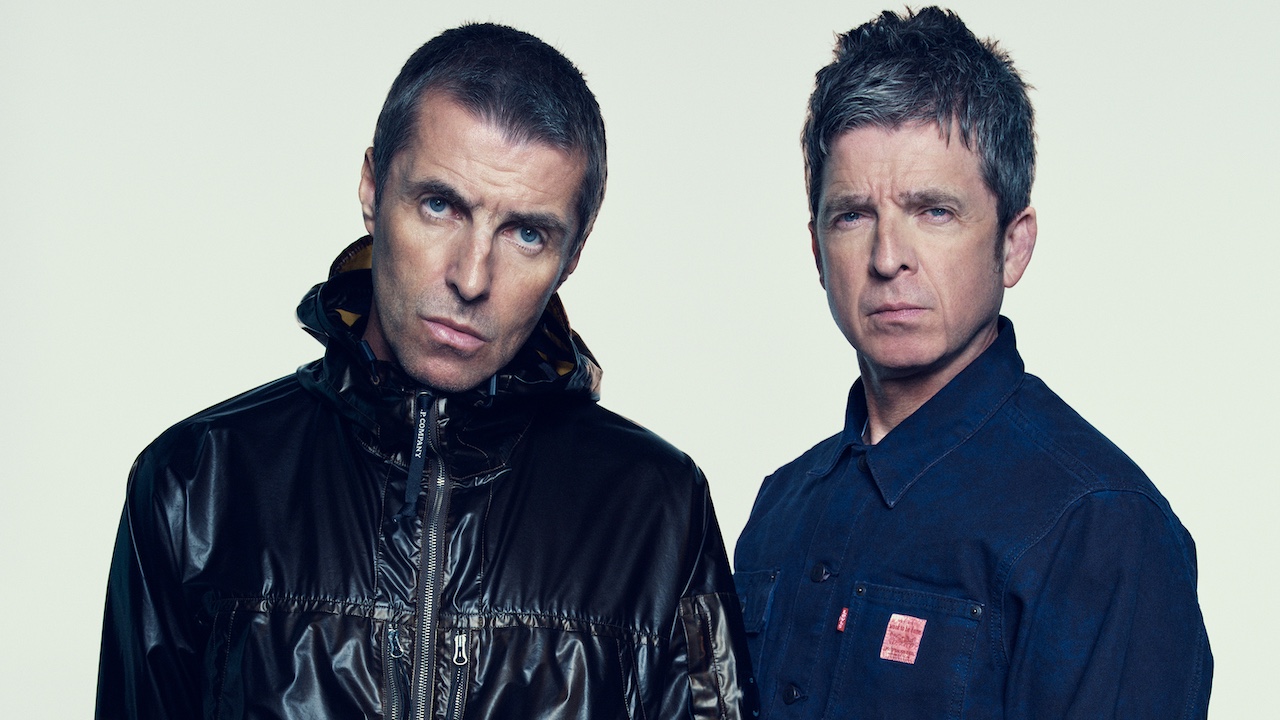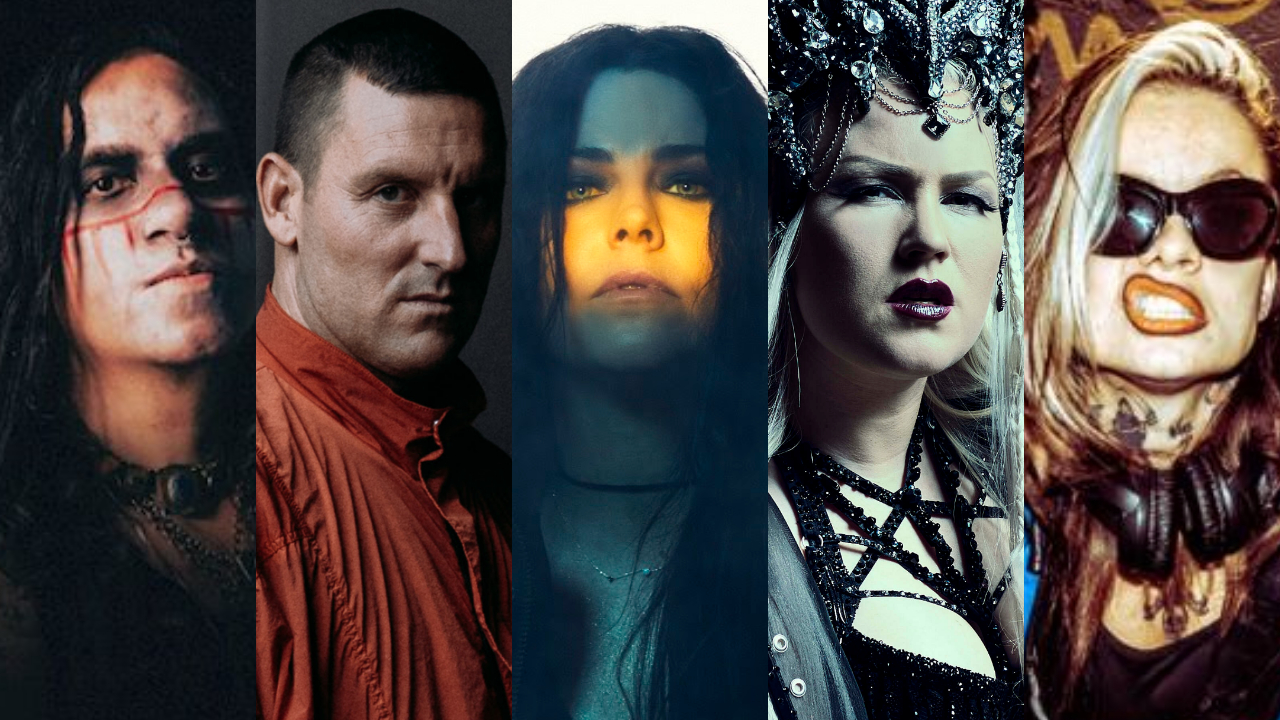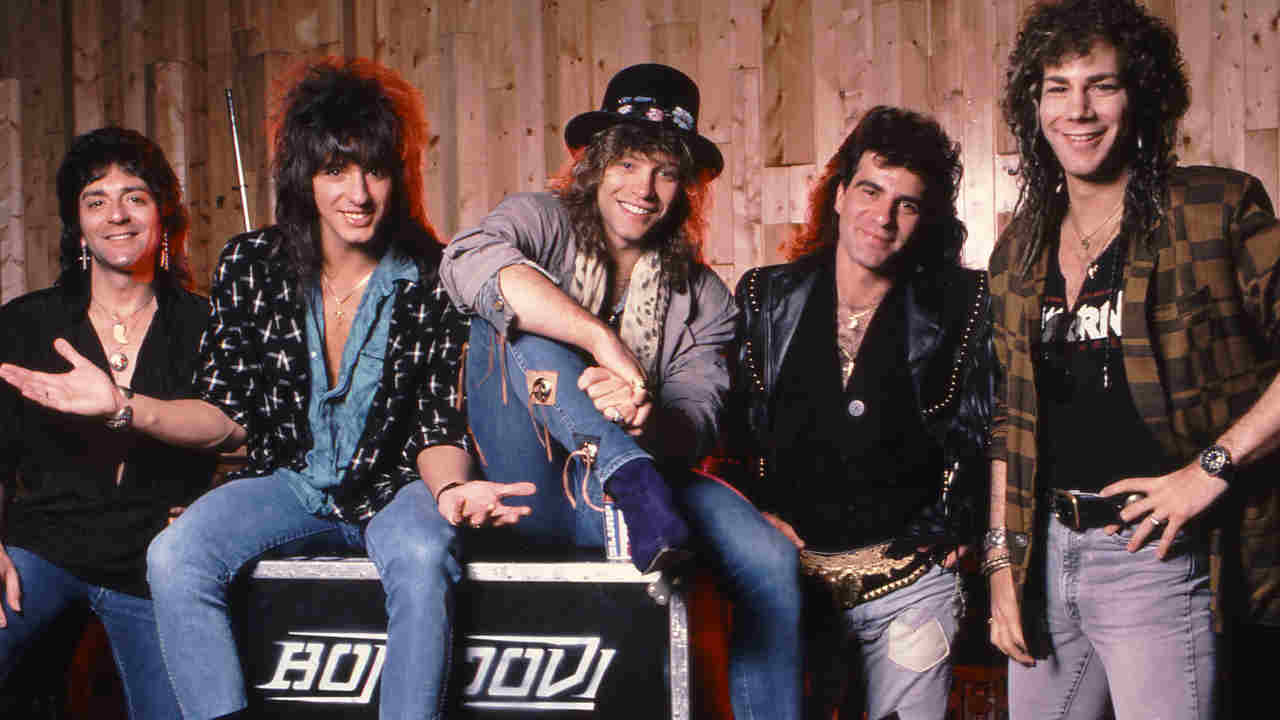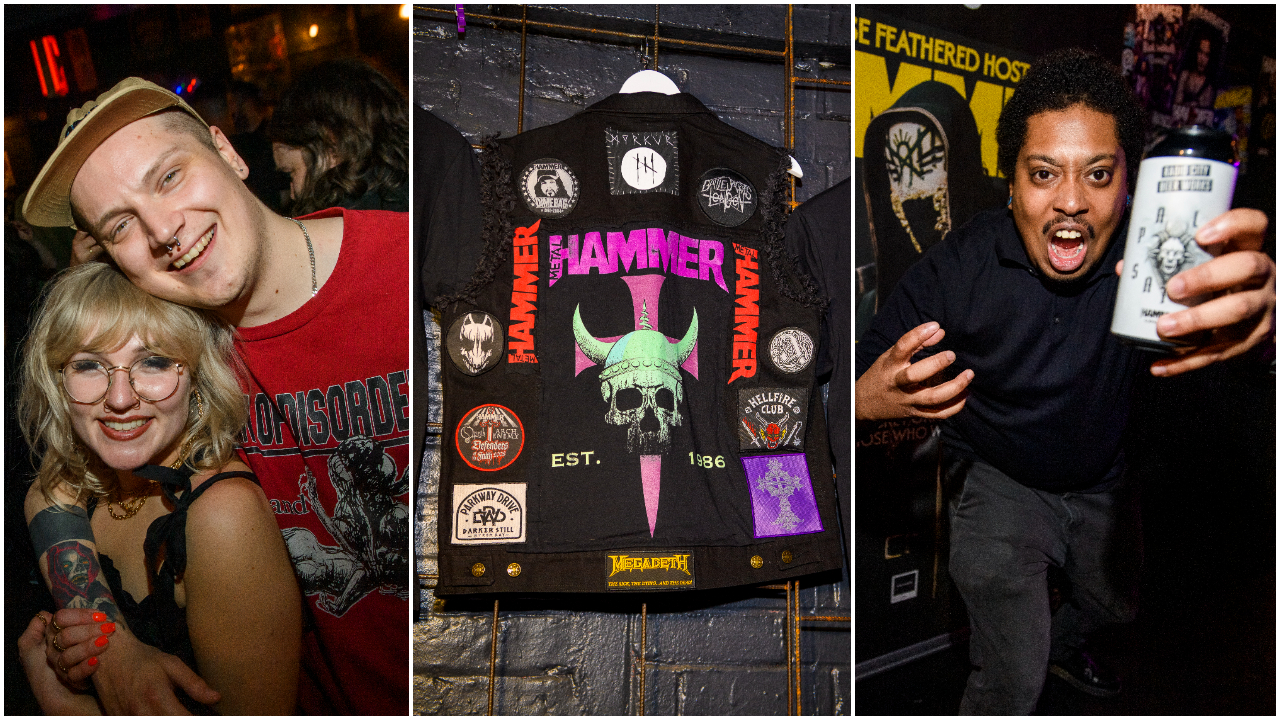Very few people wanted Rush’s R40 tour to finish. The 2015 road trip was disappointingly short, but that was a condition of drummer Neil Peart taking part at all. In fact, at the start, guitarist Alex Lifeson hadn’t been sure he wanted to do it. But just after it was over, and four years before Peart’s death made any kind of continuation impossible, bassist and vocalist Geddy Lee discussed his optimism about the band’s future.
Geddy Lee is the very model of cultured Canadian gentility. With a Bloody Mary in hand at the bar of one of West London’s most tasteful upmarket hotels, Rush’s singer and bassist is winding his way through a series of diverse topics, including the British capital’s theatre scene (“It’s the most vibrant in the world”), his wine collection (“How much is it worth? I try not to think about that”) and his admiration for such disparate mavericks as Björk, comedian Eddie Izzard and recently inducted Canadian prime minister Justin Trudeau. “I just admire anyone who refuses to conform to the norm,” he says.
It’s four months since Rush finished their R40 tour, a typically contrary celebration of what was actually the 41st anniversary of their debut album. To the despair of their legion of fans, R40 was pitched as the band’s swansong, the strains of four decades of life on the road having taken their toll on guitarist Alex Lifeson – who has been diagnosed with arthritis in his hand – and Neil Peart – who cited the sheer effort of getting match fit for the band’s typically epic jaunts as his reason for bowing out.
Lee is ostensibly here to promote the R40 Live DVD and CD set, but as he peers over his dark, round sunglasses, he knows that people want to hear just one thing: that Rush aren’t over. And over the course of an hour, it becomes blindingly apparent that he doesn’t want the band he’s fronted for more than 40 years to be over, either.
When you watch the R40 Live film now, what emotions does it stir?
It’s hard. I put a lot of love and a lot of myself into the designing of the tour, and I’m very proud of the way it came together. It was one of those wacky ideas I didn’t think we’d be able to pull off, and I thought we pulled it off pretty well. So I was kind of melancholy watching it, because I wanted to bring that show to everyone. And circumstances have made that impossible. So it’s kind of bittersweet for me to see it.
How was the tour for you personally?
I didn’t have a lump in my throat until the very last show. If you know me, I’m all business on the road. I spend my entire touring life in fear of bacteria, as any singer in their right mind does. I love to play – I just live for that moment when I can get out of the goddamn hotel and actually do my job. So I was really happy on this tour for the most part, because we were playing at a really high level. I loved the show so much, and I loved the fact that the audience was there with us and there was a kind of atmosphere of celebration there every night. And then there was this underlying thing that we may not be back again. That helps tweak your appreciation of every moment you’ve got.
In some recent it seemed like you were in denial that this would be the end of the road for Rush. Is that fair?
[Laughs] I don’t think I was in denial, because I can’t say that this is the end of the road for Rush. But it’s certainly the end of the touring life for Rush – unless Neil has a change of heart. It’s really all down to him, to be honest. If he wants to go back on the road, Alex and I will be there.
Alex seemed pretty certain before the tour that he was done as well.
I think at the beginning, Alex wasn’t sure how his health would hold up; but by the end of it he had proven to himself that he could pull it off. And so I think he sort of regrets intimating that his body wouldn’t be able to handle it.
From the outside, Rush tours look like quite joyous affairs – the films you project onstage, the sense of camaraderie between the three of you. Is that the way they feel when you’re in the middle of it?
They’re fun for me. Apparently not so much fun for Neil. I guess it’s taken a toll on him, physically. What he has to do to get up for a tour and what it takes out of him is more demanding, being a guy who has chosen to live his life hitting things with big sticks. I love touring. I don’t love being away from my family, I don’t love living in hotels, but I love playing. So it’s hard for me to envision my life without playing. I’d say the same is true for Al.
It’s ironic that it could all be coming to an end at the exact point Rush gain the sort of mainstream acceptance you never had for most of your career – making it onto the cover of Rolling Stone magazine and getting namechecks from the likes of Dave Grohl and Jack Black.
Well, timing has always been our strong point.
There’s a musical respect for each other… we all truly believe that we’re better musicians together than we are separately
Did you notice a point when you stopped being criticised simply for being Rush?
I think that still goes on, but we’re much groovier now. That sort of thing is fewer and further between. But I still see it.
What happened? Did you change or did the critics change?
It was popular demand. I think people gave up trying to fight our soldiers, especially in the internet age. They’d say one bad thing, they’d get 22,000 flame-word responses. The critics just threw in the towel.
Also, I think peer pressure played a part to a certain degree. The people who had a negative attitude towards us, more and more of their friends were fans. And they were being shamed into giving us a chance. I’ve seen that happen. You’d get people reluctantly saying: “Well, I didn’t really like you guys, but then my friend made me come to the show and it was a good show.” That started happening more and more and more.
How does that feel? Given the flak you got for large parts of your career, does it make you feel like you’re doing something wrong when people like it?
It’s equally distrustful. We used to say that effusive reviews were just as painful as super-critical reviews. You can tell when a fanboy’s writing a review and you can tell when a guy that’s out to get you is writing a review. Somewhere in the middle lies the truth.
After all this time, do you feel any kind of vindication at finally receiving this acceptance?
Yes. I feel vindicated. Absolutely.
Let’s hold on to the idea that Rush aren’t splitting up. How have you kept the same line-up for 41 years?
That’s the hardest question to answer. I’d like to say it has something to do with our extreme Canadian-ness. We’re just too polite to be nasty to each other. Or maybe we’re just too lacking in imagination to want a new set of girlfriends. There’s a common sense of fairness that we share. And when you couple that with our sense of humour… that’s profound and overrides all practical considerations.
I don’t think you can get us in a room to discuss anything where we’re serious for more than five minutes. I think that has a lot to do with it. And there’s a musical respect for each other that’s a huge part of the occasion. We all truly believe that we’re better musicians together than we are separately.
Do you write songs away from Alex and Neil?
I haven’t in quite some time. I did during the period when Neil was on hiatus, shall we say. I did then. I haven’t since.
Why is that?
I think I learned, when I did my solo album [2000’s My Favourite Headache], how much effin’ work it is when you’re doing it outside of a band and playing every role. And so when we got back together, I truly appreciated my relationship with them as bandmates; I just said, “I’m not writing unless I’m writing with them.” It’s not worth it. It’s just way more fun with them. And the results are way more satisfying.
Forget all this nonsense about touring – I need to write some songs. I’m going to do it anyway
Given the current circumstances with the band, you’ve presumably at least thought about making another solo album.
Yeah. I think I would do another solo record. I have some ideas I’ve been working on. I love to play, and at this point, if there’s going to be less of my time devoted to playing in Rush then I’m going to have to find a hobby.
Even if there isn’t another Rush tour ever again, what are the chances of there being a new Rush album?
Never say never. We’ve never talked about not recording. That’s something we could very well do next year. I don’t know. All those things are on the table. The only thing that’s been taken off the table is the idea of these big tours.
It was five years between Vapor Trails and Snakes & Arrows. It was five years between Snakes & Arrows and Clockwork Angels. By that reckoning, we’re due another Rush album in 2017. How likely is that?
I’m down with that. I dunno. It’s a good question. Honestly, I can’t tell you. I wish I knew. I’d say there’s a chance.
If you had to rate that chance as a percentage, what would it be?
I give it even odds.
How do you get Neil on board with a new album? How does that conversation go? Is it just a case of saying to him: “Get your arse down here?”
It’s more diplomatic than that. I’d say: “How do you feel about writing? Would you like to write something?” That simple.
So what would it take to get the three of you in the studio together?
I think it would just take a couple of phone calls, really. Forget all this nonsense about touring – I need to write some songs. I’m going to do it anyway. Alex and I have already talked about it. The only thing we haven’t talked about is whether Neil’s going to come along for that ride.
Have you had that conversation with him separately? Have you broached the subject of a new Rush album?
No.
But you’re saying that you and Alex could do an album together, not as Rush?
Yeah.
Are you considering it?
It’s an option.
And what would it sound like?
Probably like Rush without Neil!
Does it feel like you’re in limbo at the moment?
No, I don’t think “limbo“ is the right way to describe it. I can’t speak for them – in fact, I’m certainly not speaking for them; just for me – but I found the end of the tour to be a very sad time. I was melancholy for quite a while because I felt it was… truncated. I’m not saying that my partners weren’t justified in their decision – I’m not criticising their decision in any way. I’m just describing my feeling.
I wasn’t ready to end the tour. And the thought that it might have been our last one really hit me pretty hard. So it took me a while to get past that point. And I am past that point, and now I’m trying to think about what the future might bring for me. I’m trying to be more optimistic about it. And I have gotten drunk with Al a couple of times, and Al is… well, he’s Al. If I call him, he’s there.
You say you’re trying to be optimistic. Is it easy or hard to be optimistic right now?
It’s my nature, so it’s easy!
So do we talk about Rush in the past tense or the present tense?
The present tense. Very much in the present tense.
